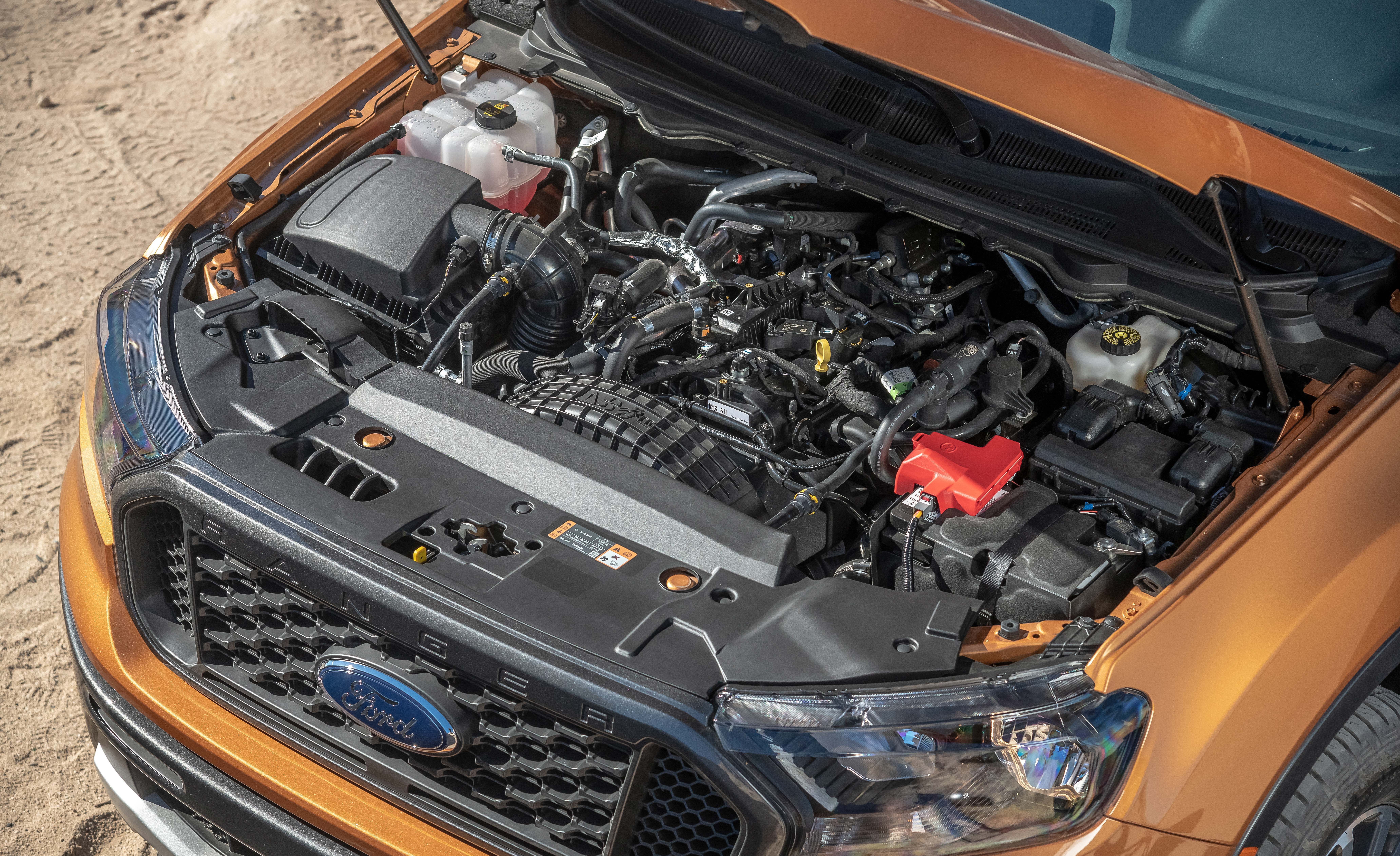What Makes an Automobile Engine Run Smoothly: Leading Tips for Optimum Treatment
The smooth procedure of an automobile engine is fundamental to both efficiency and durability, making ideal treatment an essential responsibility for lorry proprietors. Trick practices, such as regular oil changes, maintaining coolant degrees, and monitoring air filters, are crucial yet commonly ignored. The importance of checking trigger plugs and ensuring correct tire stress can not be understated. Recognizing exactly how these aspects adjoin can enhance not just the performance of your lorry but likewise your total driving experience. What specific steps should you prioritize to ensure your engine stays in peak problem?
Regular Oil Adjustments
One of one of the most crucial facets of vehicle maintenance is guaranteeing your engine receives routine oil changes. Engine oil lubes interior components, minimizes friction, and assists maintain optimal operating temperatures. With time, oil weakens because of warm, pollutants, and the natural results of burning, resulting in decreased efficiency and potential engine damage.
Many manufacturers advise altering the oil every 5,000 to 7,500 miles, however this interval can differ based on driving conditions and oil type. For example, synthetic oils might enable longer periods in between adjustments. Regular oil modifications not only improve engine efficiency but also enhance fuel effectiveness, as tidy oil promotes smoother procedure.
Neglecting oil modifications can result in sludge accumulation, which harms circulation and can cause extreme engine issues. It is crucial to examine oil levels routinely and check for any unusual modifications in shade or uniformity, which could suggest contamination or destruction.

Preserving Coolant Levels
Preserving correct coolant degrees is essential for preventing engine overheating and making sure ideal efficiency. The coolant, normally a combination of water and antifreeze, circulates through the engine, absorbing heat and stopping thermal stress and anxiety. Insufficient coolant can lead to enhanced engine temperatures, which might create extreme damage or also complete engine failing.
To preserve optimum coolant degrees, frequently check the coolant storage tank, generally located in the engine bay. Guarantee the coolant is loaded to the recommended mark, as suggested in your vehicle's owner guidebook. It is recommended to check the degrees at least when a month or soon journeys, especially throughout extreme weather.
If you notice that the coolant level is continually low, there may be a leakage in the cooling system, which need to be resolved quickly to prevent more complications. 2.2 ford ranger engine. In addition, purging the coolant system every a couple of years can help eliminate any type of gathered debris and guarantee reliable warm exchange
Checking Air Filters

It is suggested to examine the air filter every 12,000 to 15,000 miles, or much more often if driving in adverse or dirty problems. An easy aesthetic inspection can commonly reveal whether the filter is unclean or damaged. It must be changed immediately. if the filter appears tarnished or has noticeable dirt buildup.
Utilizing a top quality air filter made for your specific car version can further enhance engine performance. Furthermore, some automobiles might profit from reusable filters that can be cleaned and reinstalled, offering a environmentally friendly and cost-effective option.
Inspecting Spark Plugs
Flicker plugs are essential components of a vehicle's ignition system, directly influencing engine efficiency and performance. They produce the stimulate that ignites the air-fuel mix in the combustion chamber, facilitating the engine's power generation. Normal inspection of trigger plugs is critical for keeping optimum engine feature and avoiding prospective problems.
During an evaluation, look for signs of wear or damages, such as fractures, carbon find out this here accumulation, or excessive gap widening. A healthy and balanced trigger plug typically shows a brown or tan shade. Dark residue or oil deposits can suggest incorrect combustion, while a white or raw look might suggest overheating. Both problems call for prompt focus to avoid additional engine damage.
It's suggested to examine ignition system every 30,000 miles, or as suggested in your lorry's owner guidebook. In addition, think about changing them according to the producer's standards, as old or worn ignition system can result in misfires, lowered fuel performance, and enhanced discharges.
Monitoring Tire Stress
Guaranteeing appropriate tire stress is an essential aspect of automobile security and efficiency. Under-inflated tires can result in lowered fuel effectiveness, raised tire wear, and jeopardized handling. Alternatively, over-inflated tires can decrease grip and increase the risk of blowouts. Normal monitoring of tire pressure is necessary for optimum vehicle procedure.
Tire pressure must be checked at the very least when a month and in the past long trips. Utilize a reputable tire stress scale to gauge the pressure when the tires are cold, preferably prior to the lorry has actually been driven for at the very least 3 hours. Describe the automobile's owner manual or the placard located on the driver's side door jamb for the manufacturer's recommended stress degrees.
It is very important to keep in mind that tire pressure can vary with official source changes in temperature level; a decline of 10 ° F can lead to a 1-2 psi reduction in pressure. Additionally, aesthetically check tires for any type of signs of wear or damages throughout your tracking routine. Maintaining correct tire stress not just improves automobile security however also improves fuel efficiency and extends tire life, inevitably adding to a smoother engine performance.
Final Thought
In final thought, keeping an automobile engine's smooth procedure needs attentive attention to a number of vital elements. Eventually, a proactive method to engine treatment is important for making certain reliability and capability over time.
One of the most essential facets of cars and truck upkeep is ensuring your engine receives routine oil changes. Engine oil lubricates inner components, minimizes friction, and aids preserve optimum operating temperatures. Routine oil changes not only boost engine performance but likewise boost fuel efficiency, as clean oil promotes smoother procedure.
Insufficient coolant can lead to boosted engine temperatures, which may trigger severe damage or even complete engine failure.
